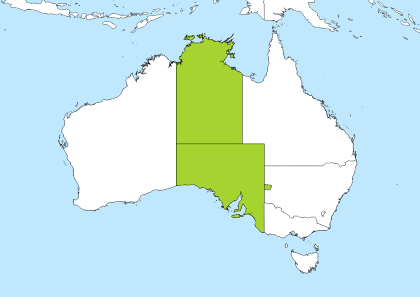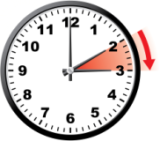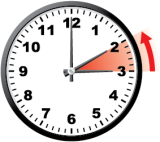ACST to Inashiki, Japan
Time Difference
Australian Central Standard Time is 0 hours and 30 minutes ahead of JST (Japan Standard Time)
3:00 pm15:00 in ACST is 2:30 pm14:30 in Inashiki, Japan
ACST to Inashiki call time
Best time for a conference call or a meeting is between 8:30am-6pm in ACST which corresponds to 8am-5:30pm in Inashiki
3:00 pm15:00 Australian Central Standard Time (ACST). Offset UTC +9:30 hours
2:30 pm14:30 JST (Japan Standard Time) (Inashiki, Japan). Offset UTC +9:00 hours
3:00 pm15:00 ACST / 2:30 pm14:30 Inashiki, Japan
| ACST | Inashiki, Japan |
|---|---|
| 12am (midnight) | 11:30 pm |
| 1am | 12:30 am |
| 2am | 1:30 am |
| 3am | 2:30 am |
| 4am | 3:30 am |
| 5am | 4:30 am |
| 6am | 5:30 am |
| 7am | 6:30 am |
| 8am | 7:30 am |
| 9am | 8:30 am |
| 10am | 9:30 am |
| 11am | 10:30 am |
| 12pm (noon) | 11:30 am |
| 1pm | 12:30 pm |
| 2pm | 1:30 pm |
| 3pm | 2:30 pm |
| 4pm | 3:30 pm |
| 5pm | 4:30 pm |
| 6pm | 5:30 pm |
| 7pm | 6:30 pm |
| 8pm | 7:30 pm |
| 9pm | 8:30 pm |
| 10pm | 9:30 pm |
| 11pm | 10:30 pm |
| 0:00 | 23:30 |
| 1:00 | 0:30 |
| 2:00 | 1:30 |
| 3:00 | 2:30 |
| 4:00 | 3:30 |
| 5:00 | 4:30 |
| 6:00 | 5:30 |
| 7:00 | 6:30 |
| 8:00 | 7:30 |
| 9:00 | 8:30 |
| 10:00 | 9:30 |
| 11:00 | 10:30 |
| 12:00 | 11:30 |
| 13:00 | 12:30 |
| 14:00 | 13:30 |
| 15:00 | 14:30 |
| 16:00 | 15:30 |
| 17:00 | 16:30 |
| 18:00 | 17:30 |
| 19:00 | 18:30 |
| 20:00 | 19:30 |
| 21:00 | 20:30 |
| 22:00 | 21:30 |
| 23:00 | 22:30 |
Australian Central Standard Time
Offset: ACST is 9 hours and 30 minutes ahead Greenwich Mean Time (GMT) and is used in Australia
Countries: It is used in following countries: Australia
Principal Cities: The largest city in the ACST timezone is Adelaide from Australia with population about 1.225 million people. Other major cities in the area are Darwin, Adelaide Hills, Alice Springs, Palmerston

Daylight Saving: This is a standard time zone, however during summer some places switch clocks for one hour forward when daylight saving comes into effect and observe Australian Central Daylight Time (ACDT).
 End: Australian Central Standard Time (ACST) has ended on Sunday, October 6, 2024 at 2:00 am local time and clocks were set one hour forward to Sunday, October 6, 2024, 3:00 am local daylight time instead. Standard time ends annually the on first Sunday of October.
End: Australian Central Standard Time (ACST) has ended on Sunday, October 6, 2024 at 2:00 am local time and clocks were set one hour forward to Sunday, October 6, 2024, 3:00 am local daylight time instead. Standard time ends annually the on first Sunday of October.
 Start: Australian Central Standard Time (ACST) starts on Sunday, April 6, 2025 at 3:00 am local time and clocks are set one hour back to Sunday, April 6, 2025, 2:00 am. Standard time starts annually the on first Sunday of April.
Start: Australian Central Standard Time (ACST) starts on Sunday, April 6, 2025 at 3:00 am local time and clocks are set one hour back to Sunday, April 6, 2025, 2:00 am. Standard time starts annually the on first Sunday of April.
ACST representations, usage and related time zones
- +0930 - basic
- +09:30 - extended
- +0930 - sign character (+) followed by a four digit time providing hours (09) and minutes (30) of the offset. Indicates nine hour and thirty minutes time differences to the east of the zero meridian.
- Australia/Adelaide
- Australia/Broken_Hill
- Australia/Darwin
- Australia/North
- Australia/South
- Australia/Yancowinna
